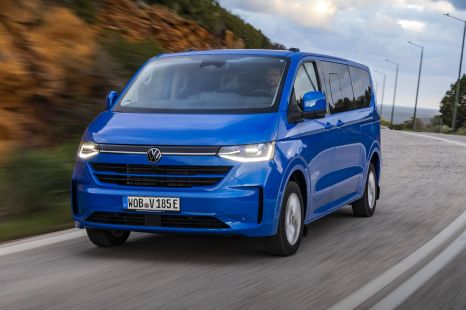

Dave Humphreys
2025 Volkswagen Transporter review: Quick drive
5 Months Ago
Ford's high-performance hero cars are highlighting the upcoming switch from combustion power to battery boost.
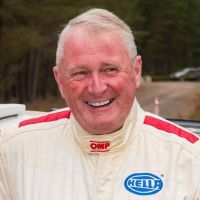
Senior Journalist
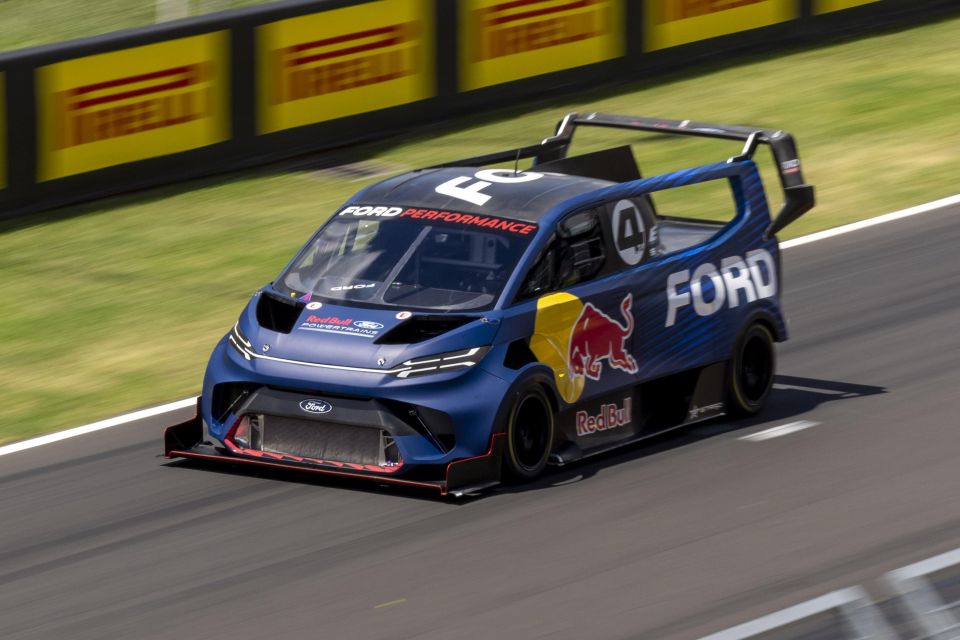

Senior Journalist
A new generation of Ford muscle cars is being used to spotlight the Blue Oval’s move to electrification.
Boasting big power, and even bigger torque, they are being rolled into action at the world’s classic motorsport events and car shows around the globe.
The starter cars for the program were the Mustang Cobra Jet and Mustang Mach-E 1400 – with 1400 horsepower or 1043kW – in 2020, with the rollout continuing since then.
The newest of the muscular electric vehicles (EVs) is the Ford E-Transit Custom ‘SuperVan 4.2’, currently in Australia for demonstration runs at Bathurst, with more cars to come before the end of 2024.
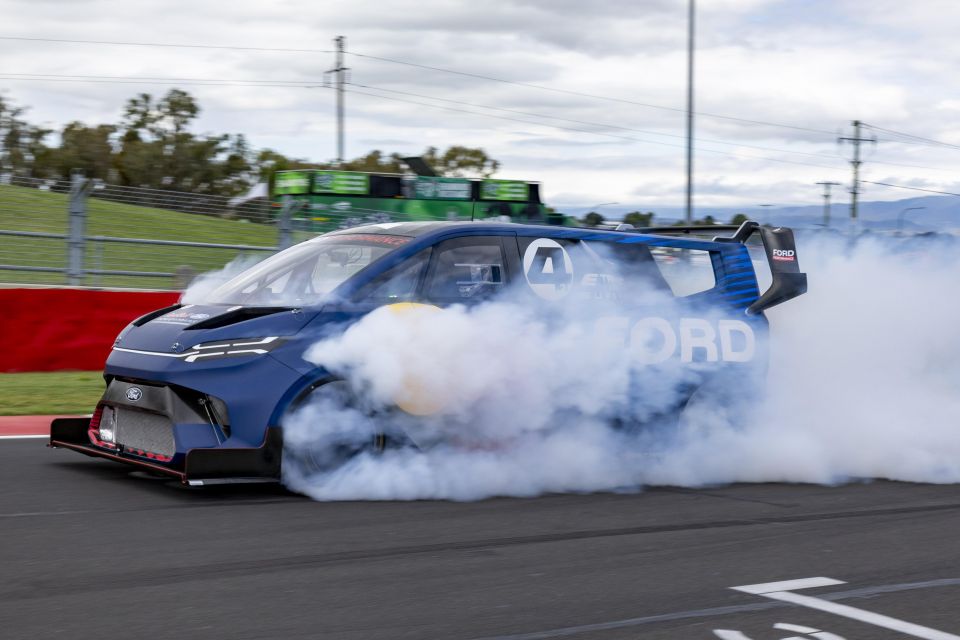
“We’re showcasing how exciting our EVs can be,” the senior manager for Formula One and EV demonstrator vehicles at Ford Performance, Sriram Pakkam, told CarExpert.
“It’s a great transition because we’re taking the production EVs and doing crazy hot-rodding. There are three more coming this year, so it’s a busy learning cycle.”
The EV program is a 21st century repeat of work on the original Mustang in the 1960s, when Ford took its now-iconic pony car and transformed it into a showroom supercar and sales hero with high-performance upgrades, big engines and worldwide motorsport success – including wins in the Australian Touring Car Championship (now Supercars).
“The Mustang started as a secretary’s car,” Mr Pakkam said.
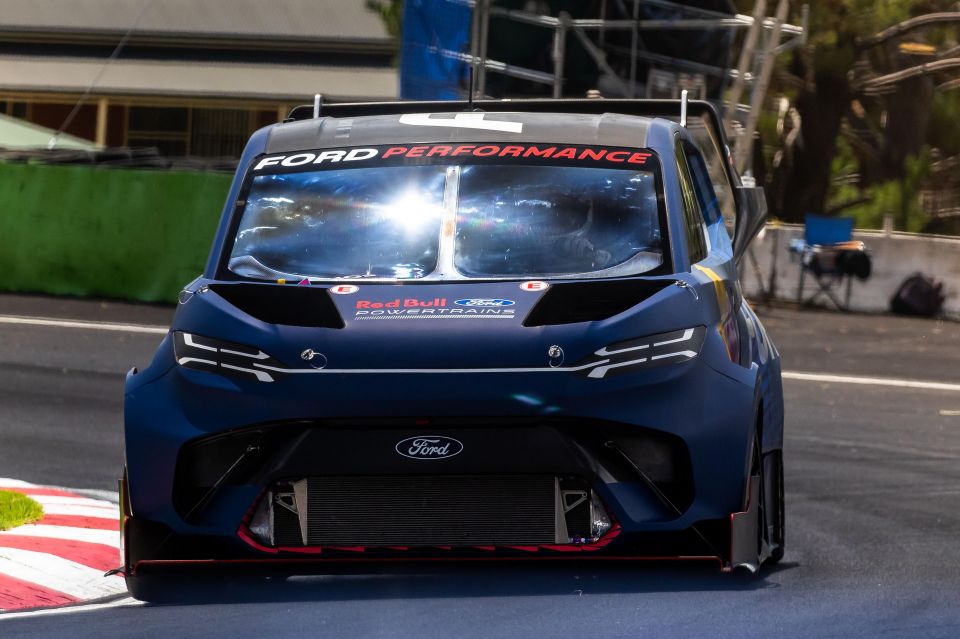
“It’s a similar situation with the EV muscle cars. We’ve been very purposeful about the technology transfer you can get from these demonstration cars.
“It becomes a combination. You can make a difference. Transfer it back to the production cars.”
Mr Pakkam was originally involved with the EV efforts as a junior aerodynamicist but transferred back to the top job in the second half of last year as Ford continues to expand its lineup of wickedly quick demonstrator cars.
“It’s a very busy program,” he said.
He will not provide any details about future vehicles, but confirmed they will continue to be halo vehicles for production models. They have already included the regular Ford Mustang and F-150 pickup, as well as the Mustang Mach-E and E-Transit.
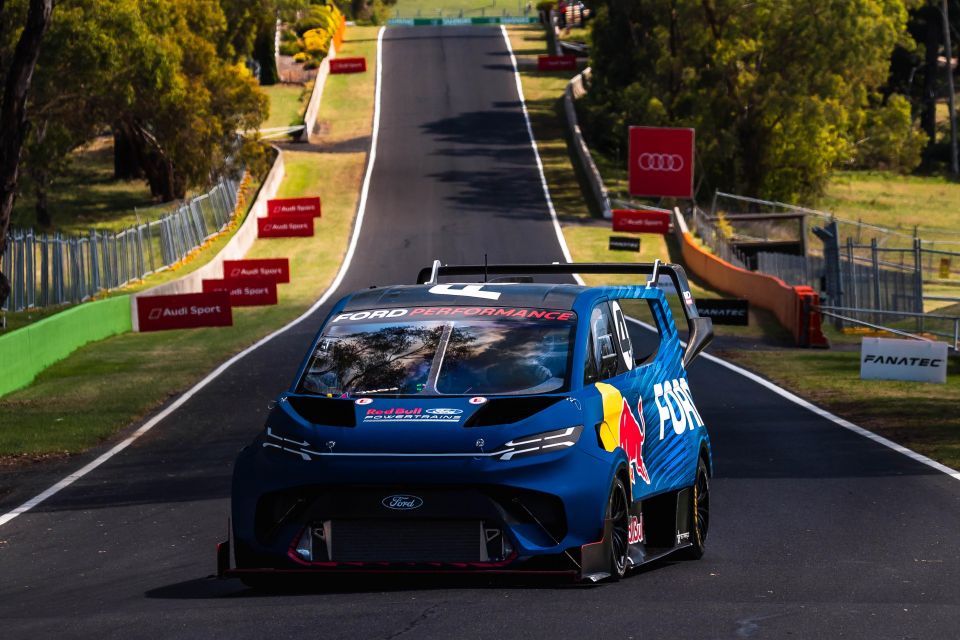
Mr Pakkam’s group is also forging close ties to the Red Bull Racing team in Formula One ahead of a technology partnership between the multi-championship winning outfit and Ford from 2026.
His group has also grown rapidly to 20 people with different engineering specialties, and more to come.
They have created drag racing and off-road competition vehicles, as well as the SuperVan 4.2 running in Australia after an appearance at the classic Pikes Peak Hillclimb in the USA.
It has 1500kW of power, 4000Nm of torque, generates two tonnes of downforce at 240km/h and has a top speed of more than 310km/h.
But it also has a tow hitch on the tail to provide a visual link to the E-Transit in showrooms.
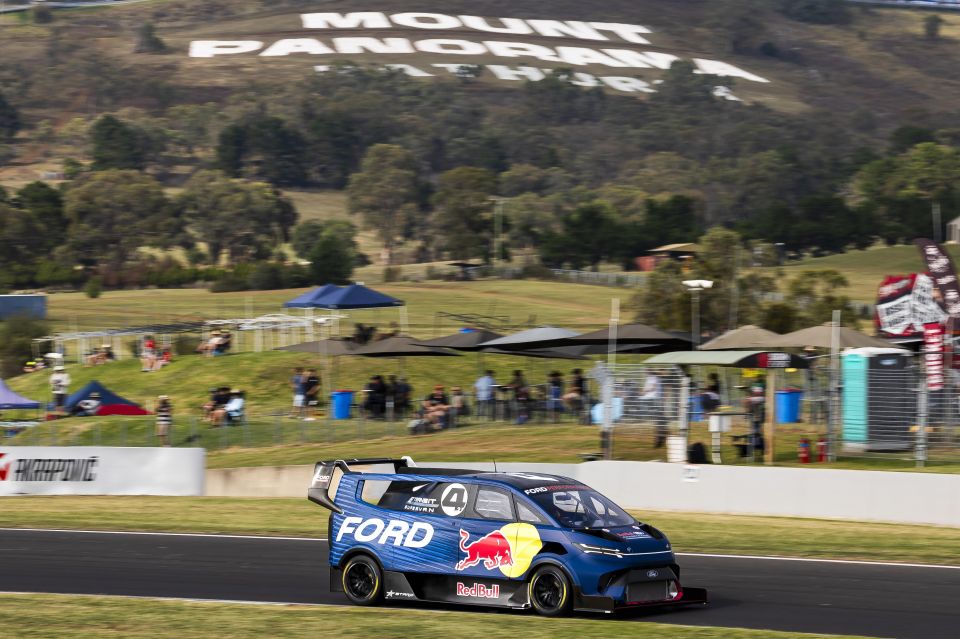
According to Mr Pakkam, running demonstrations like the track laps at Mount Panorama with SuperVan 4.2 is the best way to push the limits on electrification.
“The main purpose is pushing the technological limits. You can only do that in racing. This is a controlled environment where can push the limits,” he said.
“We’re treating it exactly like a race program. If you don’t push to the limit you won’t find the issues.
“We’ve had learnings on regenerative braking and steering here at Bathurst. You can never predict this stuff. Some things you don’t actually find out until you push these issues.
“Most of it is technology transfer. It’s going to lead to a more robust future production lineup.”
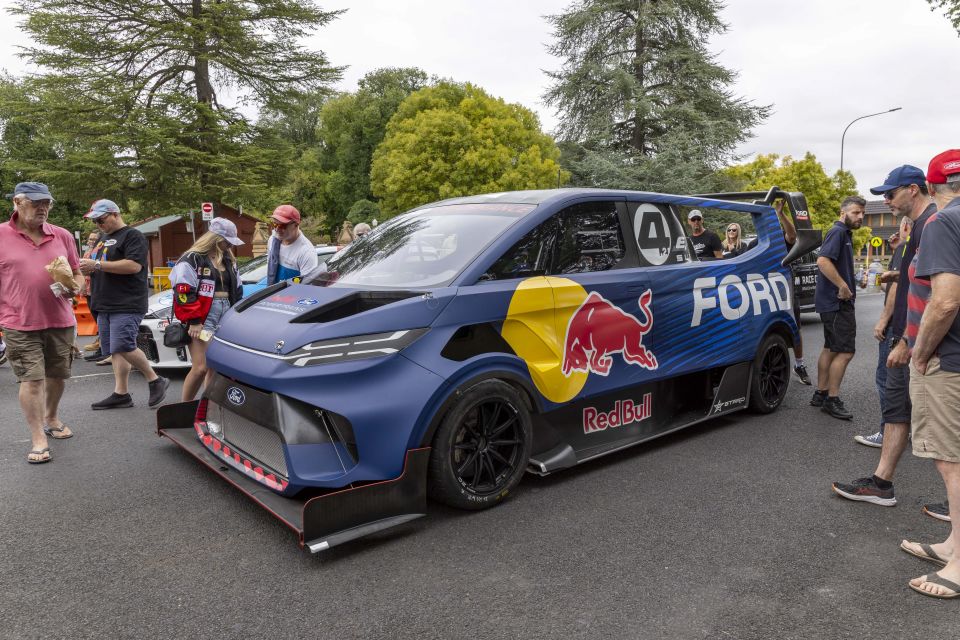
As Ford expands its battery-electric lineup, Mr Pakkam said the efforts under Ford Performance are enhancing the company’s products and reputation.
“Whether Ford is a performance brand or not, our EVs are exciting vehicles. That’s what trying to show. It’s about exaggerating their abilities and then creating this monster product,” Mr Pakkam told CarExpert.
“It’s good for the brand, it’s good for the business, and it’s really good for customers because we’re improving our vehicles.”
Where expert car reviews meet expert car buying – CarExpert gives you trusted advice, personalised service and real savings on your next new car.
Paul Gover is one of the most experienced and respected motoring journalists in Australia. After more than 40 years on the automotive beat there is nothing he has not done, yet he still brings the enthusiasm of a rookie. He has worked in print, digital, radio, television and for every major publisher in the country. He is also a national motor racing champion and once co-drove with Peter Brock at Bathurst.


Dave Humphreys
5 Months Ago
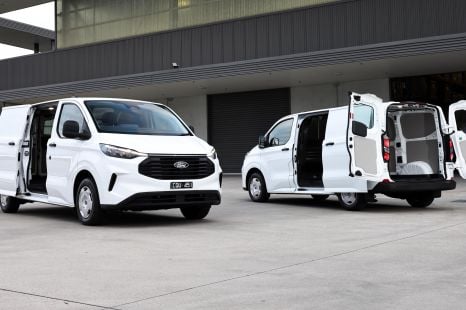

Max Davies
5 Months Ago
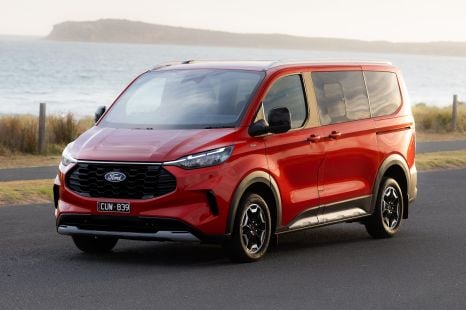

Josh Nevett
4 Months Ago
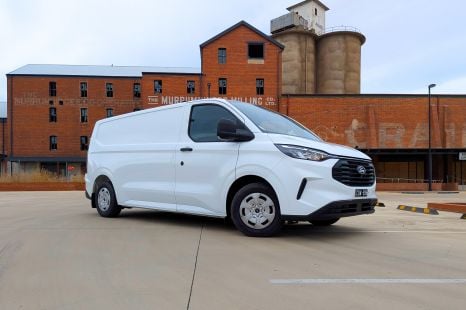

William Stopford
3 Months Ago
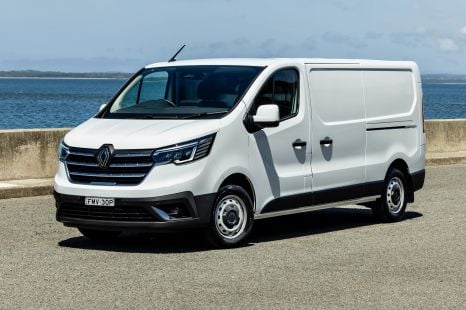

Max Davies
3 Months Ago
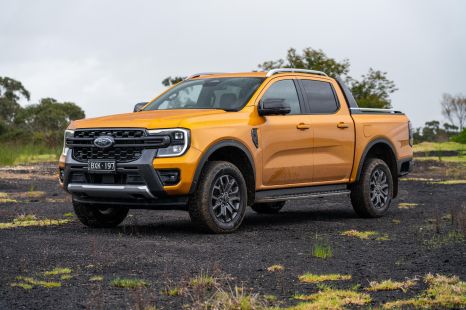

William Stopford
2 Months Ago